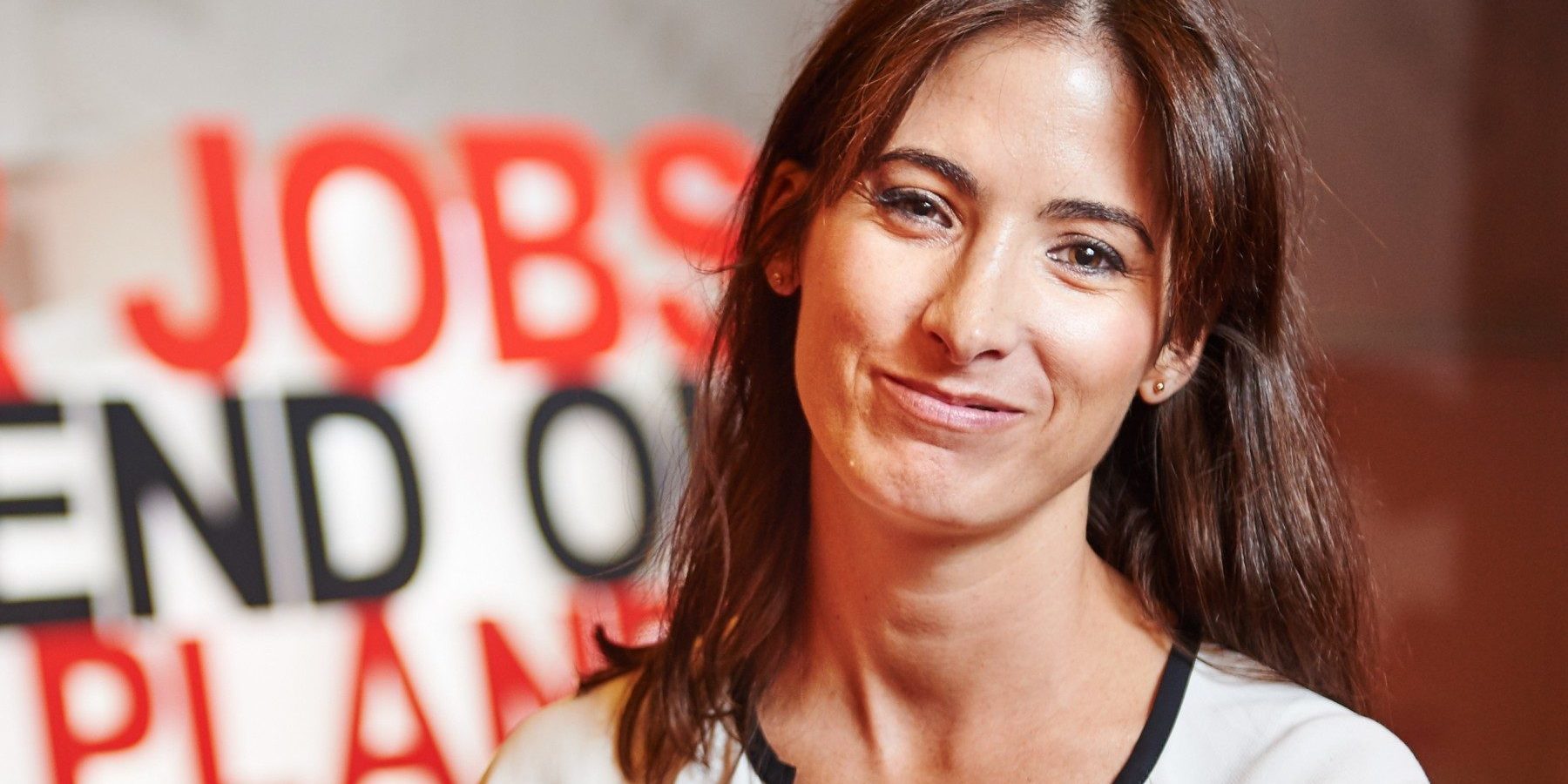The Eurocadres blog
Pursuing a just transition and fairer digitalisation
The transition to a resilient, low-carbon economy holds out immense potential for economic, environmental and social development, as well as job creation. However, these benefits will not happen automatically.

At a macro level, the benefits of transition will far outweigh the costs, but there could be significant transitional implications for key sectors, regions and countries. When poorly managed, transition could result in stranded workers and stranded communities. In addition, the full social benefits for workers and communities of low-carbon growth may not be realised without a conscious focus on standards and dialogue.
When poorly managed, transition could result in stranded workers and stranded communities.
The energy transition is happening, right now, but it is not yet serving working people nor is it socially fair. We need this transition to a democratically controlled, community-owned energy systems need to be promoted. We need energy systems which lift people out of energy poverty and does not leave workers behind. In this context, Professionals and Managers have a paramount responsibility as key stakeholders in this global change and, thus, we, as unions, need to make sure not to forget organising this category of workers.
The future of work has historically been tied to technological change and, nowadays, particularly to digitalisation. In a knowledge-based Europe, skilling, upskilling and reskilling Professionals and Managers are essential for them to keep up the pace of change in this digital world and, as unions, we must guarantee a fair transition into the new world of work for all.
A just transition applied to technological change and digitalisation needs to be at the centre of policy packages.
A just transition applied to technological change and digitalisation needs to be at the centre of policy packages that include developing macroeconomic, sectoral, and enterprise policies; guaranteeing rights and occupational safety and health and social protection; gender equality; skills development; active labour market policies and social dialogue negotiations.
Policymakers and stakeholders need to ensure that digitalisation leads to better living conditions.
New technologies offer the prospect to improve productivity and the quality of work. Policymakers and stakeholders need to ensure that digitalisation leads to better living conditions and more equal societies. Disruption is avoidable. We should aim for an inclusive technological diffusion instead that have Professionals and Managers at the heart of the digital world of work. Eurocadres aims for a just transition, fairer digitalisation, stronger industry policy and gender equality in the future world of work.
Paula Ruiz, Vice-President of Eurocadres, delivered this speech at the recent ETUC Congress.

The author
Paula Ruiz Torres
Vice-President of Eurocadres
